Can You Run A Generator In The Rain?
- By BISON
Table of Contents
In our increasingly connected world, power outages can be more than just inconveniences; they can disrupt our daily routines and even pose safety risks. A reliable generator is a key player in these scenarios, offering a dependable source of power during outages, particularly when inclement weather strikes.
However, using a generator isn’t as straightforward as it may seem, especially during bad weather conditions. Rain, for instance, poses significant risks to the safe operation of generators. If you depend on a portable generator for backup power, you must know the safety hazards of using a generator in rain or wet weather.
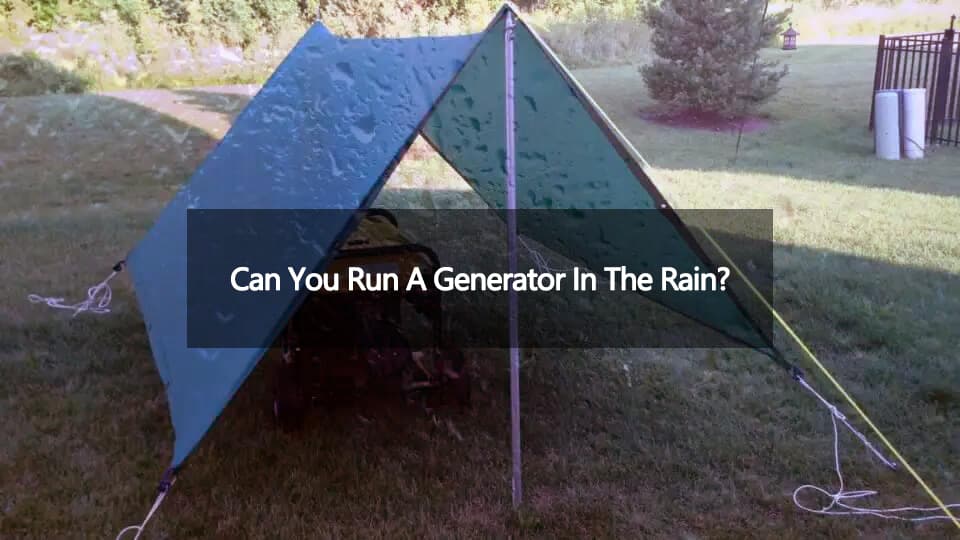
The risks of running generator in the rain: prioritizing safety first
Dangers of running generator in the rain
The importance of safety when running a generator, especially in wet conditions, cannot be overstated. Some specific issues associated with running generators in adverse weather conditions include:
Electrical shock
The most immediate risk is that of electrical shock. When a generator operates, it produces electric current. If rainwater comes into contact with the generator, it can become a conductor for this electricity.
Ensuring the generator is grounded correctly can reduce the risk of electric shock. The best way to do this is to install a portable ground fault circuit interrupter (GFCI). However, even the best GFCI won’t soften the blow if you’re standing in a puddle while operating your generator.
Generator failure
Water has the potential to cause a short circuit in the generator’s system. If water seeps into the generator’s internal components, it can cause circuits to fail, potentially damaging the generator irreparably or causing it to malfunction in dangerous ways.
slip and fall hazard
Beyond the electrical risks, water creates additional hazards around the generator. Wet conditions can make the surrounding area slippery, resulting in slip-and-fall accidents. These risks heighten when you’re dealing with heavy equipment like a generator.
Fire hazard
You could still be in danger even if you are smart enough to protect your generator. The generator won’t get enough airflow to work effectively without adequate ventilation and could even catch fire.
Besides, generators produce carbon monoxide, a deadly gas, during operation. If a generator is not properly ventilated – a common occurrence when people try to shield generators from the rain – it can lead to a build-up of this gas.
Step-by-Step Guide: Safely Running a Generator in the Rain
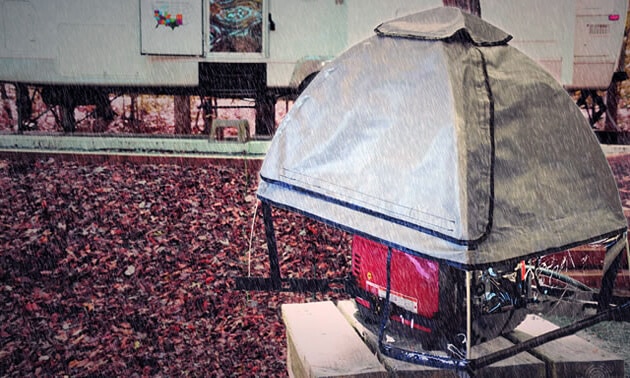
#1. Equipment required for safe operation:
- Generator tent or cover: These are essential for protecting your generator from rain and snow. They are usually made from heavy-duty waterproof materials while still allowing for adequate ventilation. You need to make sure the cover fits your generator model perfectly. Whether you use a generator cover, pop-up canopy, steel enclosure, or DIY shelter, you should always keep your generator sheltered from the wind and rain. The shelter should protect the generator from above and from all sides, allowing adequate airflow.
- Waterproof mats: These mats protect your generator from puddles that may form beneath it. Look for mats made from durable, non-slip material for extra stability.
- Extension Cords: Use only heavy-duty extension cords rated for outdoor use. Make sure they can handle the wattage of the generator and are long enough to keep the generator a safe distance from your home
- GFCI Receptacles: Ground fault circuit interrupter (GFCI) receptacles are an important safety feature. They monitor the amount of current flowing from the live to neutral wires, and if any imbalance occurs, they trip the circuit, effectively cutting off the power and preventing potential electric shock or fire.
#2. Prepare your generator:
- Check the manual: Each generator model may have specific instructions for use in wet conditions. Always follow these guidelines.
- Refuel: Refuel your generator before it rains. Never add oil while the generator is running or hot to avoid the risk of fire.
#3. Choose the right location:
- Dry, high surface: Find a location that is less prone to flooding. If possible, place the generator on an elevated platform to avoid water damage.
- Stay away from home: Keep your generator at least 20 feet away from your home to prevent carbon monoxide from entering your living space.
- Proper Ventilation: Generators should be located in an open space where exhaust gases can diffuse freely. Avoid placing it near windows, vents or air conditioning units.
- A cover or tent can be installed: Install the generator cover or tent according to the manufacturer’s instructions. Make sure the exhaust vents are not blocked to avoid overheating.
#4. Operate the generator:
- Start the generator: Once the generator is properly set up, turn it on. Make sure all connections are secure before powering the device.
- Monitor the generator: Keep an eye on the generator while it is running. Check for any signs of overheating or unusual noises.
- Safety first: Never touch the generator with wet hands or while standing in water. Turn off the generator and unplug it before refueling or performing maintenance.
- Stay away from the generator: The closer you stand to the generator during a storm, the higher the risk of electrocution. You should leave some room for the device while it is running.
Avoid common mistakes when running a generator in the rain
Running a generator in the rain can be a tricky business. Mistakes can not only cause generator damage but also pose serious safety risks. By avoiding these common mistakes, you can use your generator safely and effectively in the rain. Here are some common mistakes to avoid:
Ignore fuel levels
If your generator is running for an extended period of time, it is crucial to check the fuel level regularly. Running out of fuel can cause the generator to stop suddenly, potentially causing damage to the unit and connected equipment.
Leaving the generator on unnecessarily
Always remember to turn off your generator when not in use. This will help save fuel and extend the life of your generator.
Use non-weatherproof generators on rainy days
If possible, choose a generator designed for wet weather conditions. These generators have special features that protect them from moisture, thereby reducing the risk of electric shock.
Improper grounding
A properly grounded generator reduces the risk of electric shock. Always make sure the generator is properly grounded before use.
Operating in enclosed spaces
Running a generator in an enclosed space like a garage or basement, even if the doors and windows are open, can cause carbon monoxide poisoning. Always run your generator outside and away from doors, windows, and vents.
Run generators only when necessary
In some cases, you may be unable to avoid running your generator in severe weather. However, you should avoid running it unnecessarily. Whenever you use a generator during a storm or hurricane, you are taking some risk, and it is always wise to minimize that risk.
Wear rubber gloves and rubber-soled shoes
The greatest danger of running a generator in the rain is the possibility of electric shock, which can be significantly reduced by wearing insulating rubber gloves and rubber-soled shoes.
Electricity flows through the path of least resistance, so you want to ensure it’s not your body!
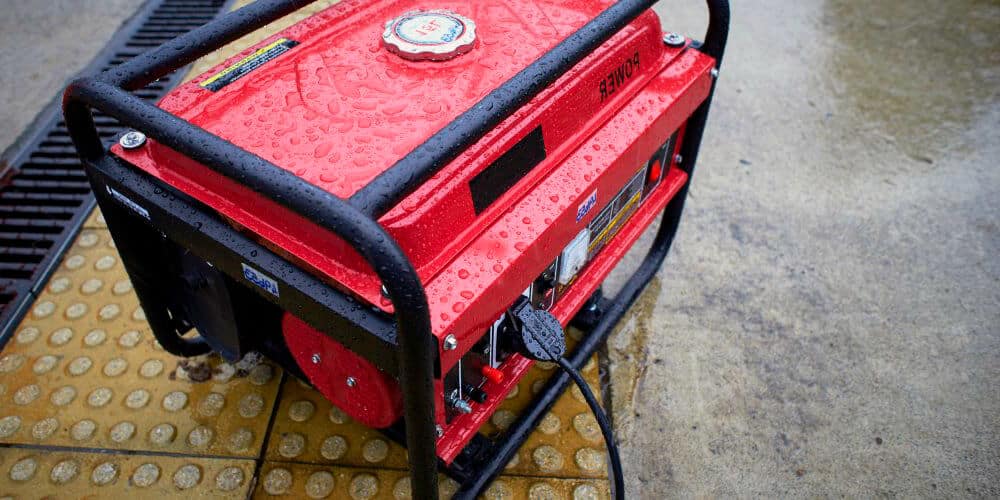
What to do if the generator gets wet?
Even if you do your best to keep your generator dry, unexpected circumstances or accidents can cause your generator to get wet. While this isn’t an ideal situation, there are steps you can take to correct it.
Turn off the device
First and foremost, if the generator gets wet while it is running, the unit must be shut down. However, be careful when doing this and avoid touching the generator with wet hands.
It is always wise to wear insulating rubber gloves when working with live electricity when possible. Don’t forget to unplug all power cords from the outlets.
Dry the generator
Next, you need to dry the generator thoroughly; there are several ways to do this. The easiest way is to use hot air from a heater.
You might be tempted to use a heat gun, but this will likely melt the plastic on the generator, so a heater is a better choice. Another option is to blow dry the generator with a fan.
This may take a while, but you can simultaneously speed up the process by using multiple fans.
Alternatively, if you don’t mind waiting a while, you can leave the generator in the sun to dry naturally. Of course, this isn’t a practical option if you’re dealing with a storm.
Check the generator
Check for any damage, such as frayed wires or water damage to the control panel or other electrical components.
Also, watch for any signs of corrosion on the generator, such as rust on metal parts or discoloration of electrical components. Corrosion can impair generator performance and make it unsafe to use.
If any damage is found, do not use the generator and have it repaired by a qualified technician.
Conclusion: Prioritize safety when using a generator in the rain
In conclusion, it is crucial to ensure safety when running your generator in the rain. While generators can provide important power during adverse weather conditions, they are not completely waterproof. Therefore, if heavy rainfall is expected, it would be prudent to consider using alternative power sources.
These safety measures, from regular fuel level checks to proper grounding, from operating in open spaces to controlling noise levels, are important steps to prevent generator damage and ensure safety. Remember, these are general guidelines. Your specific model of generator may require additional precautions or steps. Be sure to refer to your generator’s owner’s manual for detailed instructions.
By putting safety first and understanding potential risks and how to mitigate them, you can use your generator effectively on rainy days.
Most Popular Posts
QUESTIONS?
CONTACT US TODAY.
buy?
Related Posts

understanding differences: 1800 RPM vs 3600 RPM generators
difference between 1800 RPM and 3600 RPM generators. In this article, BISON takes a closer look at their design, construction, and the technology that drives them…
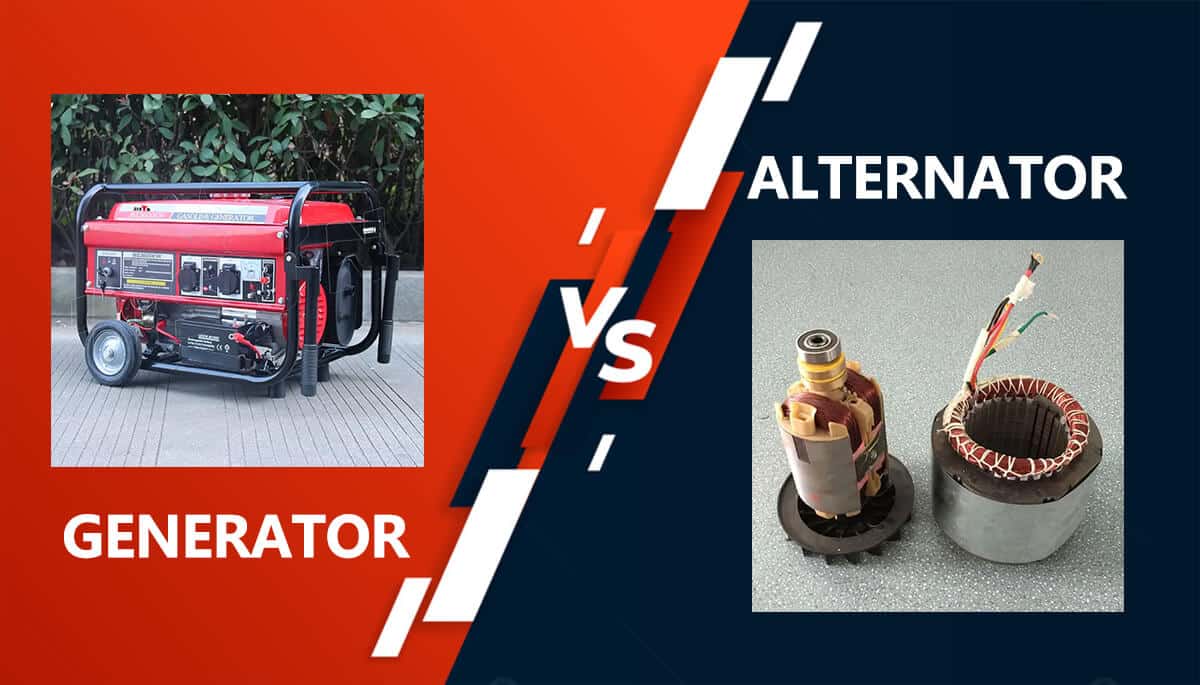
decoding power: alternators and generators
we’ll learn the basics of generators and alternators. We’ll see the components of generators and alternators and learn how they work.
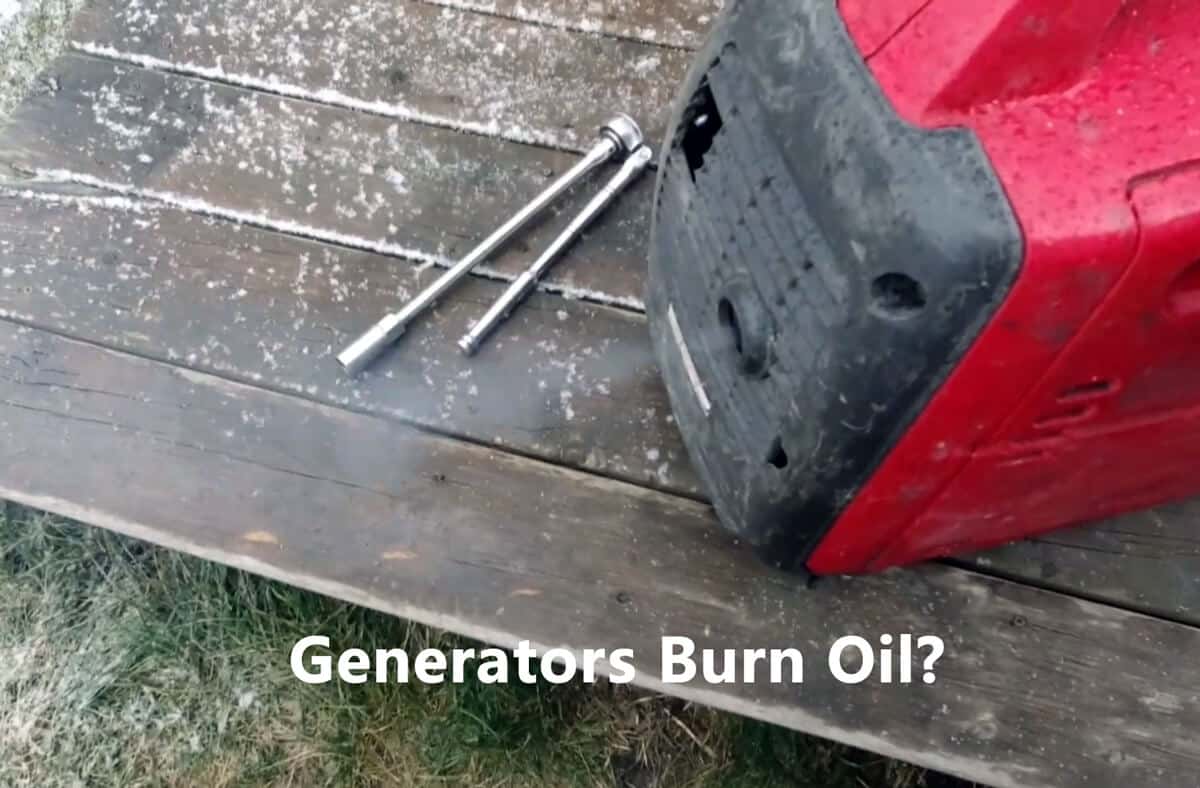
generators burn oil | why, signs, effects, causes & solutions
BISON will delve into understanding why generators burn oil and what signs to look out for that indicate excessive oil consumption.

how to break in a generator
BISON will dive into the importance of breaking in your generator, provide a step-by-step guide, and discuss the potential consequences of not performing this critical step correctly.
Related Products
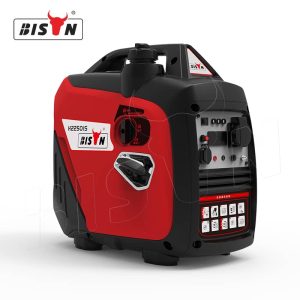
super quiet portable inverter generator
BISON BS2500I is a super quiet and portable inverter generator, perfect for a variety of
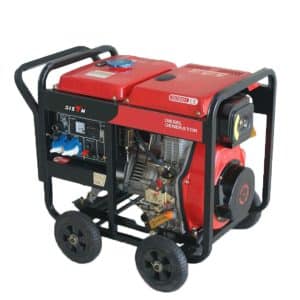
small diesel generator
BISON BS2500DG is a small and compact diesel generator that is perfect for a variety
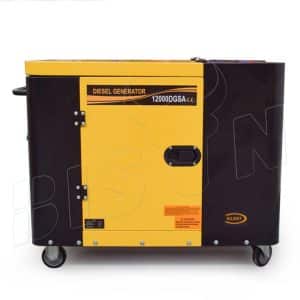
Powered Diesel Generator With Recoil & E-Start
Air cooled Diesel Generator 2KW air cooled direct injection electric start low fuel consumption 8230

silent diesel generator price for home
BISON adopt three times harmonic excitation technology, making it easy to start. It has strong
.png)
-qbpqbzxxvtguiuwezisu6wo6j1i29b4m1el1ir1u8o.png)

